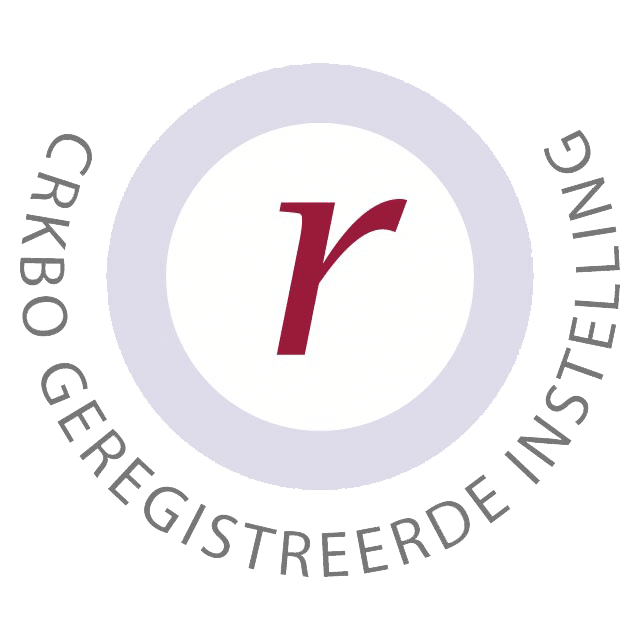Non-directive coaching opens your mind and deepens your leadership
As a leader, your team members regularly come to you with questions. How often do you feel the pressure to say something meaningful, to quickly provide a solution, or to give advice? My guess is: quite often. Many of us are used to responding, advising, and directing, especially in leadership roles. After all, employees expect their managers to have an answer when they ask a question.
Coaches experience the same urge during a session: to come up with insights or solutions that the coachee can use. Yet research shows that it is precisely through a “not-knowing” approach that a coachee’s creativity is stimulated and new insights arise. That is exactly where non-directive coaching makes a difference.
In non-directive coaching (NDC), the coach does not offer solutions, give tips, or steer the conversation. Instead, the coach asks open and exploratory questions. Questions that do not push but invite. Questions that give space to the other person’s thinking. This turns out to be the ideal foundation for creativity, ownership, and growth.
“The human soul doesn’t want to be advised or fixed or saved; it simply wants to be witnessed – to be seen, heard, and companioned exactly as it is.”
– Parker Palmer
Why the non-directive approach works
Scientific research shows that creative thinking mainly takes place in the right hemisphere of the brain. This is the part that connects ideas, imagines, feels, and seeks space. That process does not flourish under pressure or with well-meant advice, but in moments of calm and self-reflection.
By embracing not-knowing, even when you do know, the coachee’s brain literally gets the space to associate, reflect, and make new connections during an NDC conversation. Non-directive coaching therefore places both responsibility and ownership entirely with the coachee. That makes it powerful. What the coachee discovers for themselves and the insights that come from within stick better and are more easily turned into action.
What does a non-directive coach do?
Non-directive coaching is about not-knowing and creating space. But how do you do that in practice? Here are a few ways.
- Ask open questions such as “What is at the core for you?” or “What does this bring up for you?”
- Dare to be silent when it is needed. Silence is not discomfort; it is space.
- Listen and show that you are listening, without filling in or summarizing.
- Trust that the coachee already has the answers within them, even if they cannot yet see them.
Your trust in the coachee’s ability to think, feel, and choose for themselves makes all the difference. Your role as a coach is to create a safe environment that stimulates the creative process and leads to the insights the coachee is looking for.
What are the results?
Leaders who are coached using a non-directive approach often experience:
- more calmness in their thinking;
- greater trust in their own judgment;
- deeper insights that truly last;
- and solutions that better fit who they are and how they want to lead.
Perhaps even more importantly, they take this way of thinking into their teams. They learn to ask more questions, to give more space, and to fix less. This changes the dynamic in conversations, meetings, and team collaboration.

Slowing down to accelerate
In a fast-paced world full of advice, frameworks, and quick wins, a quiet, non-judgmental conversation can feel almost revolutionary. Yet it is precisely this slowing down that allows something truly new to emerge and that creates greater business impact. In other words, say less, create more space, and achieve greater impact.
At COURIUS, we believe in the power of non-directive coaching because we see how it leads to more ownership, creativity, and awareness. And above all, to leaders who do not work harder but choose more wisely.
Curious what non-directive coaching could mean for you?
Read our client story about the impact of business coaching: https://www.courius.com/en/case-study-business-coaching/



0 antwoorden
Stuur mij een e-mail als er vervolgreacties zijn.Stuur mij een e-mail als er nieuwe berichten zijn.